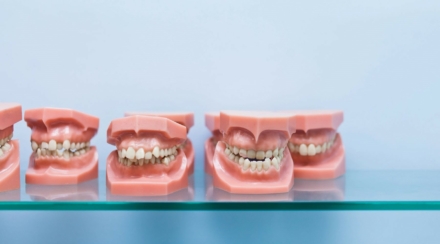You might be told that you have your mother’s eyes or your dad’s nose, but has anyone ever said you have their teeth? Genetics and teeth are more closely linked than most people realise. Sure, there are a number of environmental factors that can change your smile as you grow, but your genetics, such as the size of your teeth and jaws, are genetically determined.
Here are three ways your teeth might be affected by your genetics:
Gum disease and tooth decay
Some people may be genetically predisposed to teeth and gum disease. Genes play a major role in developing tooth enamel and gums, so if your family has hypomineralisation weak enamel you will be more at risk of developing decay. You’ll need to pay extra attention to brushing and oral hygiene.
Your genes may also make you predisposed for some types of gum disease. Your orthodontist will assess the health of your teeth and gums before proceeding with any type of treatment, to make sure you don’t lose teeth because of extra pressure on them.
Crowded teeth
Several factors can lead to crowded teeth, including habits such as thumb sucking. However, your jaw size and shape is strongly related to your genes, and this, in turn, affects how your teeth are likely to fit into your mouth. If there’s not enough room, you may get overcrowding and crooked teeth.
If you had problems with overcrowding in your mouth and required orthodontic treatment as a teen, then it’s highly likely your kids will have similar issues.
Congenitally missing teeth
Some people have a genetic condition where one or more adult teeth never develop. Since there is no adult tooth to push through (which is usually what leads to a child’s wobbly teeth), many people have retained baby teeth. This is a significant problem, and you need specialist orthodontic advice. Your orthodontist will tell you whether the baby tooth should be extracted and the space closed with orthodontic treatment, or the baby tooth can stay long term. This is another reason to bring your child in for an assessment with your orthodontist by age seven, rather than waiting until they’ve lost all their baby teeth.
Your orthodontist will come up with a plan to maintain your child’s healthy teeth throughout the course of their treatment.




